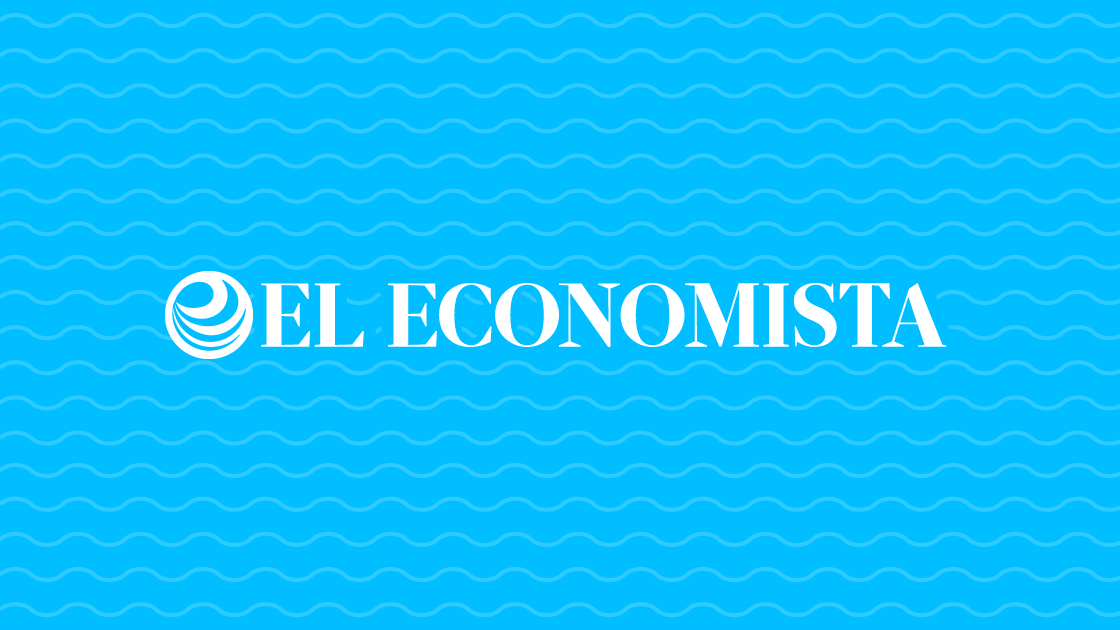Axtel’s shares on the Mexican Stock Exchange (BMV) have been hitting record lows for seven days in a row and, although its spin-off from the Monterrey conglomerate Alfa could boost its titles in the short term, in the long run it will continue to plummet on the stock market as its business is not profitable, analysts said.
This Tuesday, the shareholders of Alfa approved the spin-off of their shareholding in Axtel, with which the communications company will become an independent business that will continue to be listed on the Stock Exchange under the name of “Controladora Axtel”.
The company’s titles closed this Tuesday at 1.38 pesos -the lowest price in the history of the issuer-, for an intraday loss of 1.43 percent. On Friday, the rating agency Moody’s cut its credit rating.
In the year, the issuer’s papers in the BMV fell 64.34%, which translates into a loss in market value of 6,995 million pesos.
Thanks to the spin-off, the “Alfa shareholders will receive an Axtel Controller title for each of the Alfa companies, in addition to retaining their participation in the capital stock of the latter,” the Mexican conglomerate said.
“Axtel has not found the formula to be attractive on the stock market because its business has not been profitable for many years,” explained Jacobo Rodríguez, Director of Analysis at Black Wallstreet Capital. “The rating change (Moody’s made) confirms that.”
Over the weekend, Moody’s downgraded Axtel’s global ratings to Ba3 from B1, due to a weaker credit profile and higher refinancing risk, Axtel reported.
Carlos González Tabares, Director of Analysis at Monex Casa de Bolsa, stated that the cut to the note is “bad news for the issuer”, since “it will be difficult for it to exit for financing”.
He added that Axtel is heavily indebted and that with its operating cash flow levels, it would take 3.6 years to pay all of its obligations.
For Moody’s, the B rating means that Axtel’s obligations are speculative (the risk of default is high), unlike the Ba rating, in which the obligations have certain speculative elements and the credit risk is considerable.








